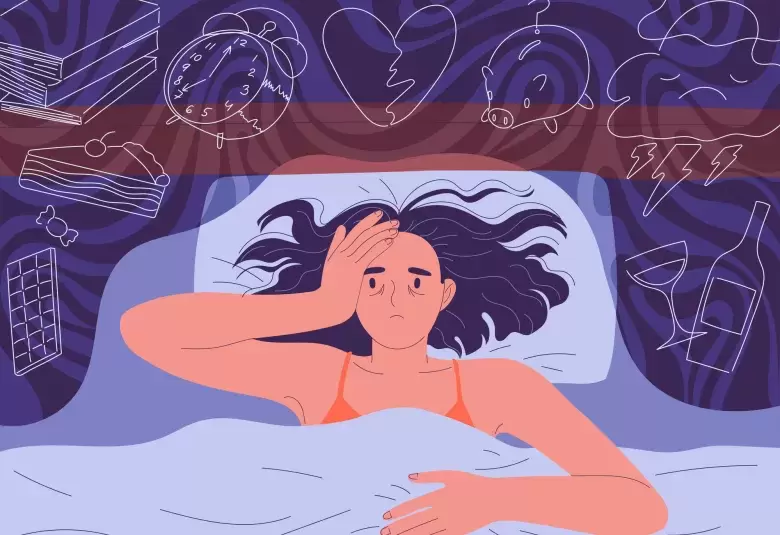As severity of current depression increases, people have greater difficulties in processing complex social cues – both visual and auditory.1 This relationship is not seen in people who are in remission from major depressive disorder (MDD); and depressed patients overall did not differ significantly from healthy controls in their performance on cognitive tasks, according to this Australian study.
The study, from the Division of Psychiatry at the University of Adelaide, looked at the effect of depression and of depression severity on performance in a range of social cognition tasks. It included people who were currently suffering from depression (n=42), those who had had depression in the past but were in remission (n=66), and 52 healthy controls. Measures included recognition of affect from faces when presented alone or in the context of recordings of speech, body language or social interactions.
There were no significant differences in the performance of currently depressed patients or depressed patients in remission when compared with each other or with healthy controls. However, within the group of currently depressed patients, severity of depression and the presence of anxiety symptoms both predicted poorer social cognition. These effects were not evident in people who had had depression but were in remission. This finding goes against the “scar hypothesis” which suggests that depression has lingering adverse consequences in social cognition even in remission.
The comparisons controlled for potentially confounding factors such as age, gender, level of education, and medication.
We do not know whether impaired social cognition contributes independently to the functional problems and poor quality of life caused by severe depression per se. This study does not tell us whether impairment of social cognition is due to aspects of general cognitive dysfunction – such as poorer attention, memory and executive function – or whether there is an additional problem specific to the processing of emotion. But these results suggest a potential for targeted intervention to address social cognition problems in people with severe depression and depression accompanied by anxiety. And subsequent analyses by Dr Baune and colleagues suggest that impaired social cognition is indeed driven -- at least in part -- by impaired memory, attention and executive function.




